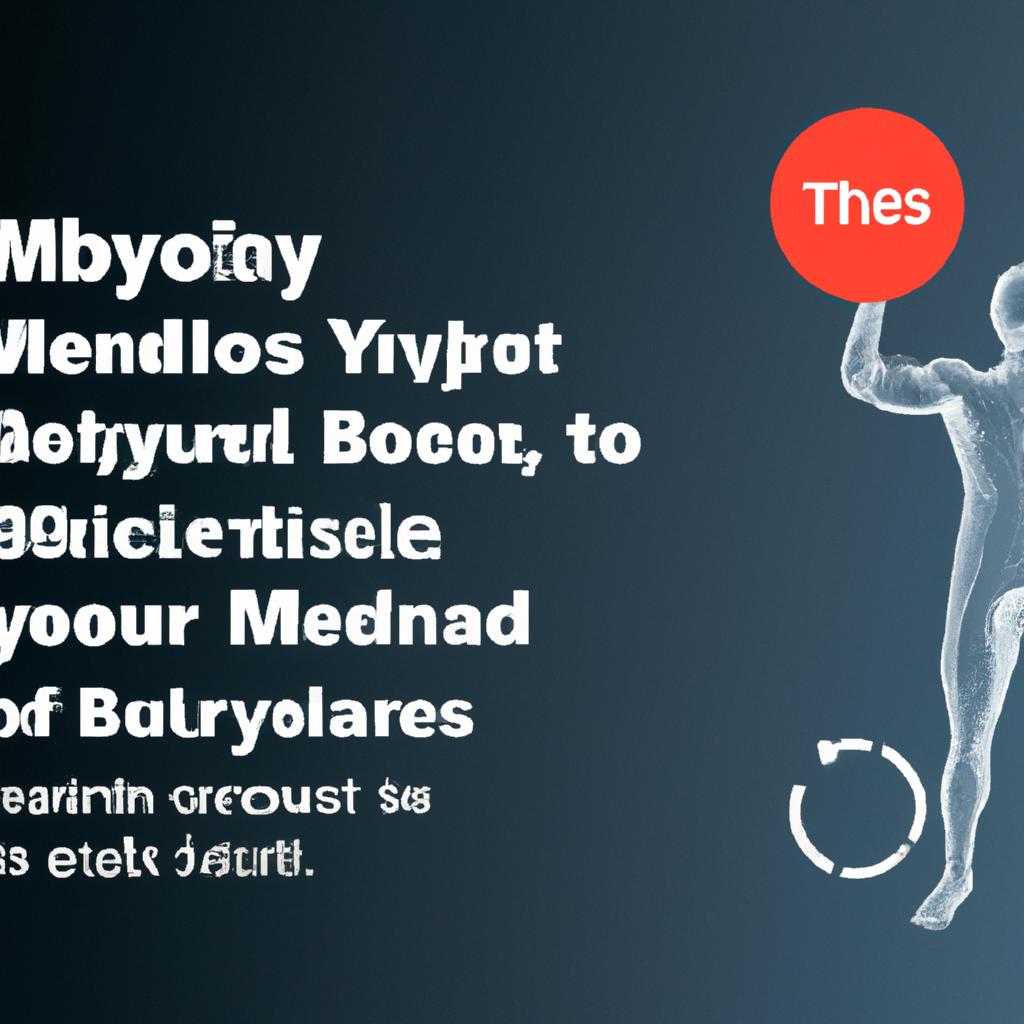In a world brimming with quick fixes, fad diets, and promises of effortless results, navigating the landscape of weight management can feel like traversing a minefield of misinformation. From the allure of low-carb lifestyles to the siren call of detox juices, it’s all too easy to fall prey to emerging trends that may not be grounded in science. Yet, beneath the cacophony of soundbites and self-proclaimed experts, lies a treasure trove of truths that could reshape the way you approach your relationship with food and body. This article seeks to peel back the layers of popular weight loss myths, illuminating the facts that could empower you on your journey—whether you’re looking to shed pounds or gain them. Join us as we dive into the misconceptions that have clouded our understanding and uncover the realities that could help you achieve your personal health goals with clarity and confidence.
Unraveling Common Misconceptions About Fad Diets and Sustainable Eating Habits
When it comes to navigating the world of diets, many individuals find themselves ensnared in a web of myths and misconceptions that can cloud their understanding of effective weight loss strategies. **Fad diets** often promise rapid results but are unsustainable in the long run, leading to yo-yo dieting and frustration. In contrast, embracing **sustainable eating habits** can lead to lasting change and improved health. Here are a few common myths worth addressing:
- Myth: Cutting out entire food groups is a quick fix. Many believe that eliminating carbohydrates or fats will lead to faster weight loss, but this can result in nutrient deficiencies.
- Myth: All calories are equal. The source of calories matters; whole foods have different effects on metabolism and hunger compared to processed foods.
- Myth: You must drastically reduce your calorie intake. Extreme calorie restriction can slow down your metabolism, making it harder to maintain weight loss.
Instead of adhering to restrictive diets, consider adopting a balanced approach that focuses on mindful eating and nutrient-dense foods. The following table outlines key components of sustainable eating:
| Component | Benefits |
|---|---|
| Whole Foods | Rich in nutrients, contributing to overall health. |
| Mindful Eating | Enhances awareness of hunger cues and portion sizes. |
| Balanced Macronutrients | Supports energy levels and promotes satiety. |
By understanding and restructuring these misconceptions, individuals can make informed choices that foster a healthier relationship with food, ultimately leading to more effective weight management strategies.

Understanding Body Metabolism: Key Insights to Optimize Your Weight Goals
At the heart of weight management lies the intricate process of body metabolism, which is often shrouded in myths and misconceptions. Understanding how your body converts food into energy can provide vital insights for achieving your weight goals effectively. Key factors influencing metabolism include:
- Basal Metabolic Rate (BMR): The energy your body requires at rest to maintain essential functions.
- Muscle Mass: More muscle increases your metabolic rate, making strength training vital.
- Age: Metabolism naturally slows with age, impacting caloric needs.
- Diet Composition: Protein has a higher thermic effect than fats or carbohydrates, which influences how many calories you burn digesting food.
- Hydration: Staying well-hydrated can boost metabolic efficiency.
Myths around metabolism often lead individuals astray. For instance, the belief that eating certain “superfoods” alone can drastically increase metabolic rates without considering overall lifestyle factors is misleading. Instead, focusing on consistent exercise, balanced nutrition, and sustainable habits will yield more significant results in weight management.
Future Outlook
In a world brimming with diet fads and fitness trends, separating fact from fiction can feel like navigating a labyrinth. As we conclude this exploration of weight loss myths, it becomes clear that knowledge is not just power; it’s the compass that can guide you toward your personal health goals. Whether you aim to shed pounds, build muscle, or simply cultivate a more balanced lifestyle, understanding the truths behind these misconceptions equips you with the tools to make informed decisions.
Remember, the journey to health is not a one-size-fits-all path. It is uniquely yours, shaped by individual needs, preferences, and circumstances. So as you step forward, let the insights gained from this article inspire you to question the noise and embrace a science-based approach to your goals. With clarity and commitment, you’ll find that the myths of weight loss are easily dismantled by the truth—and in that truth lies the key to unlocking a healthier, happier you.



